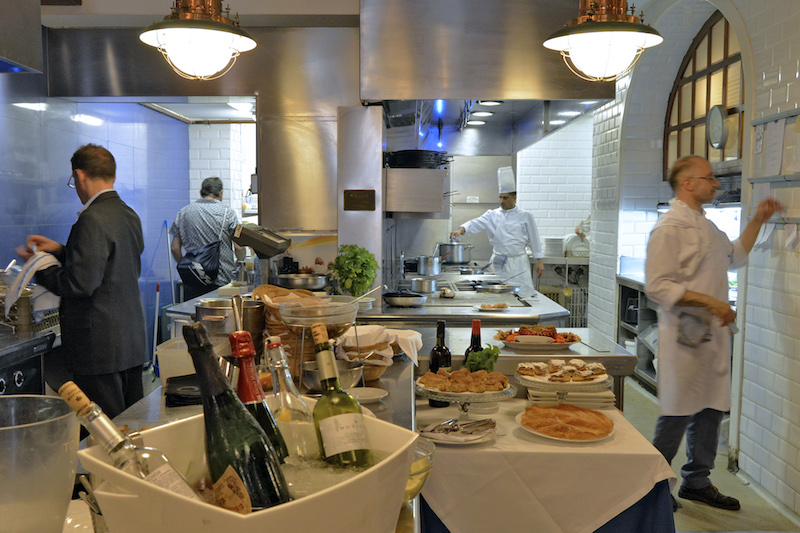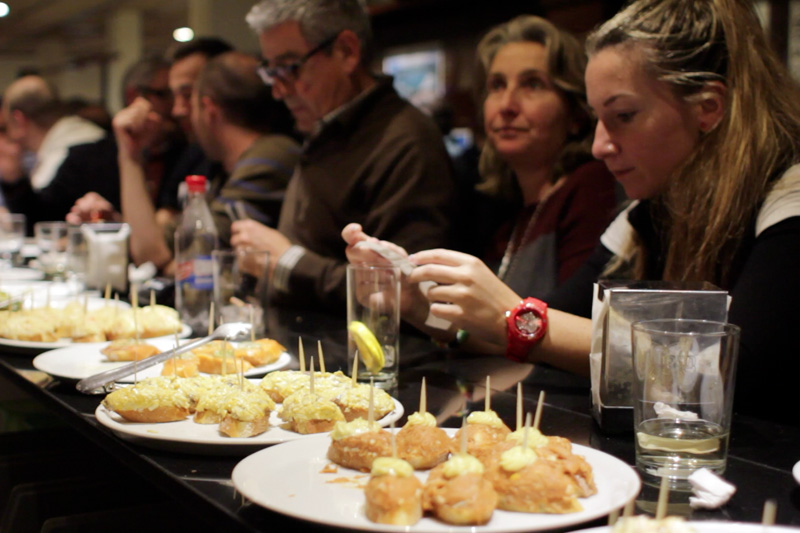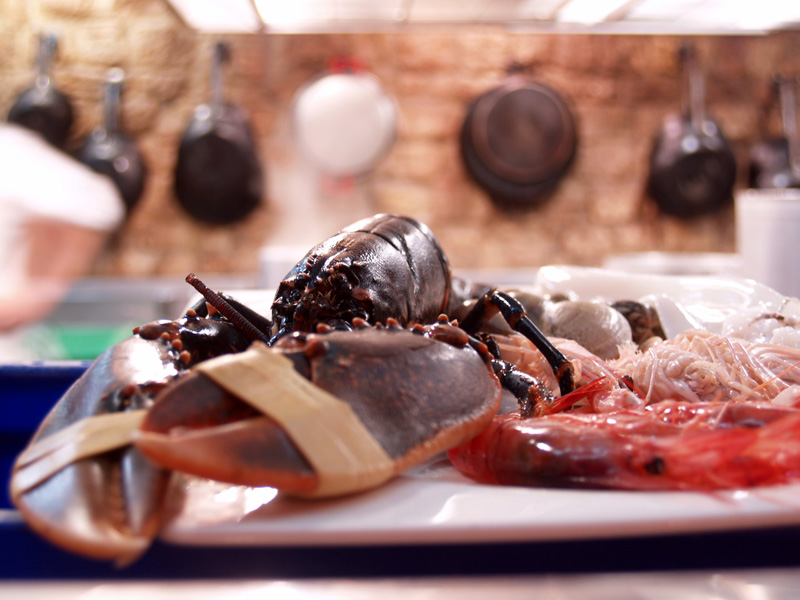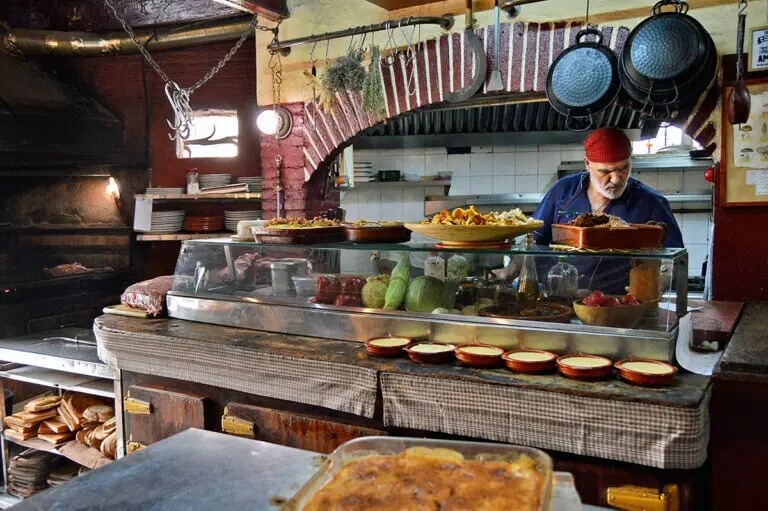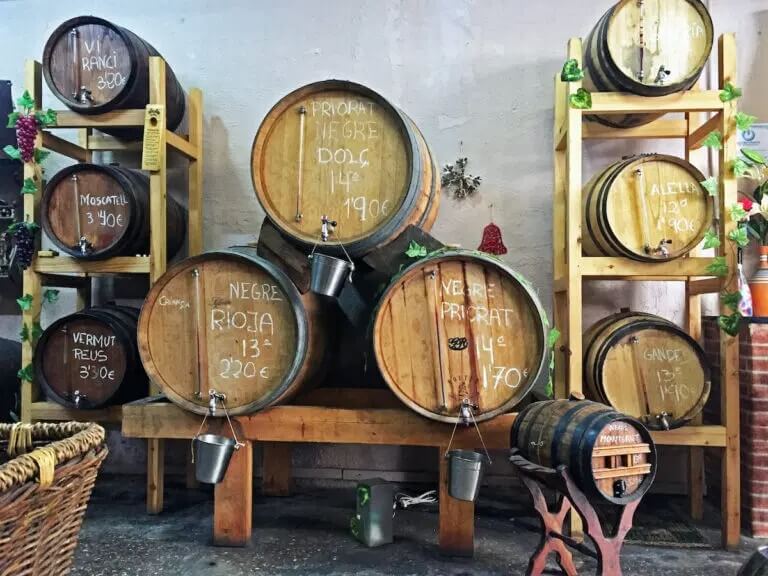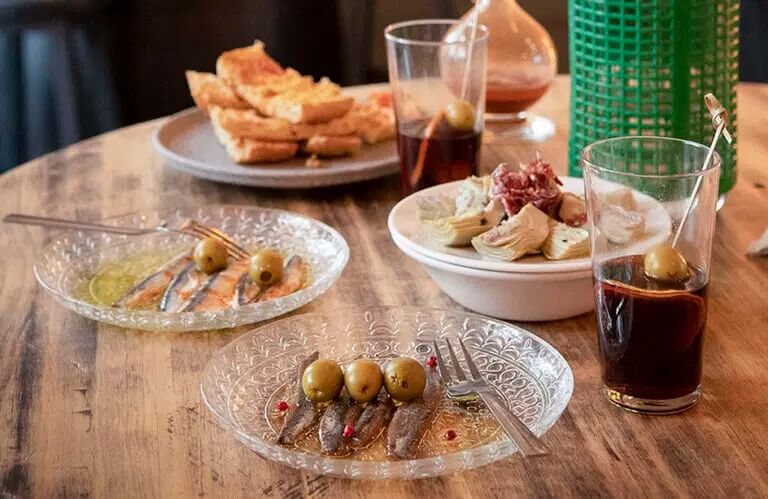We can't find the internet
Attempting to reconnect
Something went wrong!
Hang in there while we get back on track
El Passadís del Pep: Simple Pleasures
We can't find the internet
Attempting to reconnect
Something went wrong!
Hang in there while we get back on track
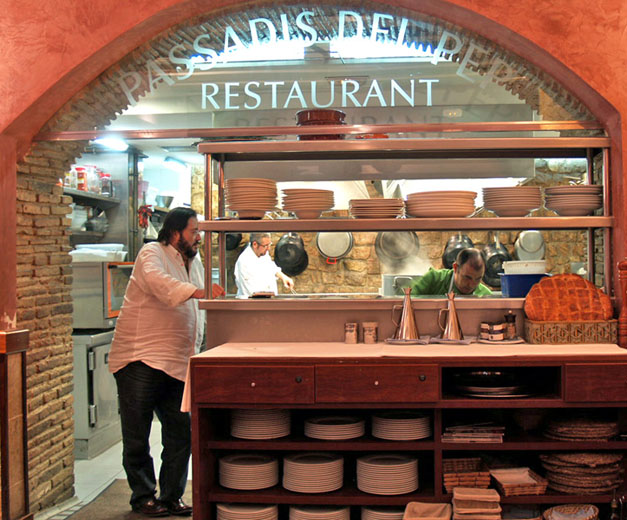
Related Stories
We can't find the internet
Attempting to reconnect
Something went wrong!
Hang in there while we get back on track
Location & Contact
Book our Award-Winning Barcelona Food Tour
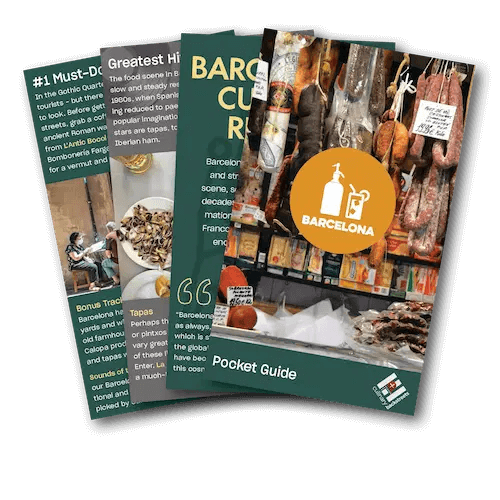
Get Your Free Barcelona Pocket Guide
Introducing our pocket-sized Barcelona guide — perfect for your next culinary adventure. Yours free when you sign up for our newsletter.

